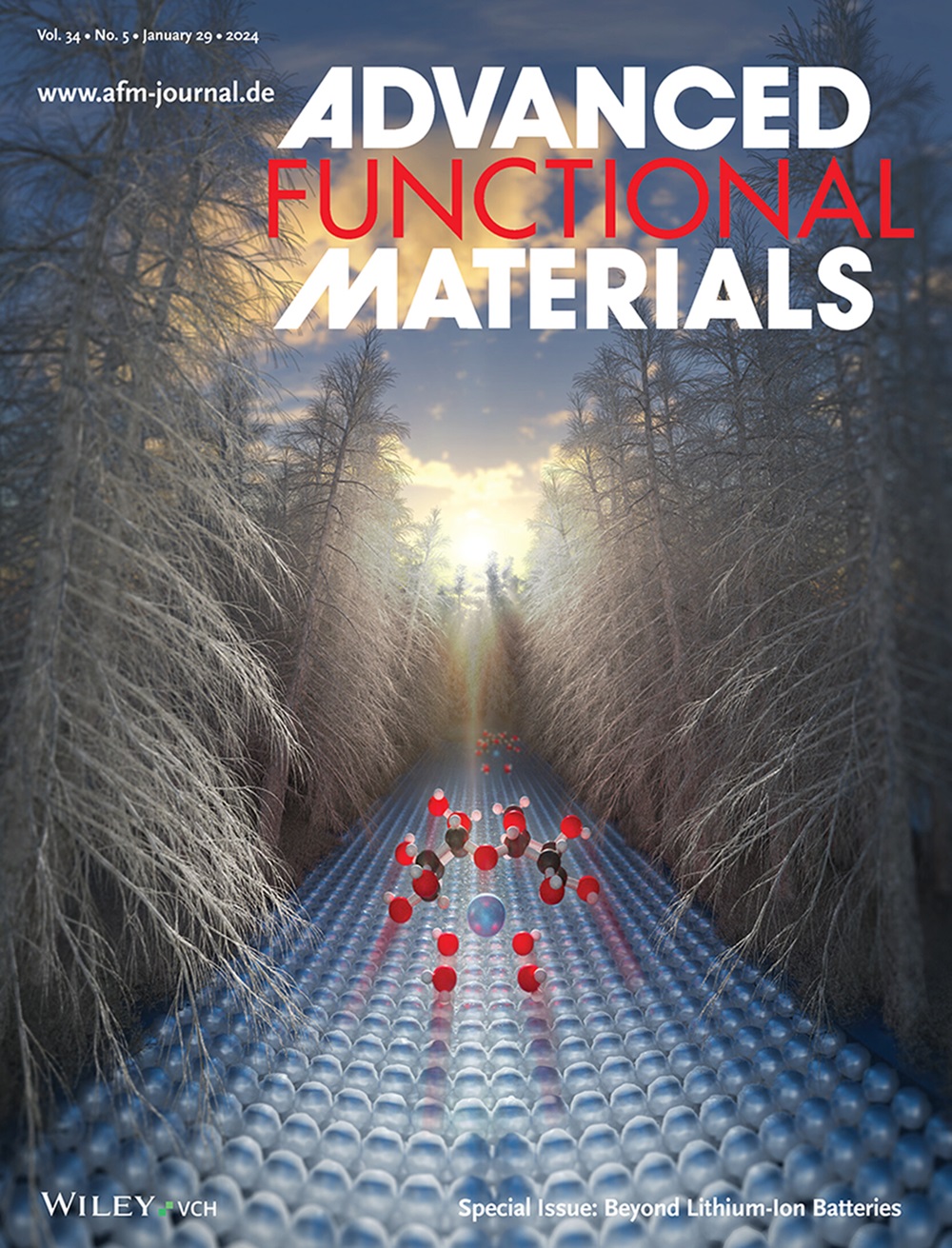Ternary Thermosensitive Hydrogel‐Encapsulated Macrolactam Heneicosapeptide Eliminates Epidermal Multidrug‐Resistant Bi‐Microbial Colonization
Abstract
Superbug epidemic has rendered antibiotic therapeutics increasingly ineffective. Worse still, there are few applicable medication regimens for polymicrobial infections caused by two or more multidrug-resistant bacteria. Herein, a panel of antibacterial cyclic peptides are designed and synthesized and the lead compound cyclo-zp80r shows favorable activities against a broad spectrum of bacteria. Encouragingly, it exhibited a strong bactericidal effect against two important epidermic species Pseudomonas aeruginosa and Staphylococcus aureus for both single- and co-infections. The peptide cyclo-zp80r is proposed to destroy the membrane structures of both Gram-negative and Gram-positive bacteria, inducing a variety of physiological disorders. To better adapt to topical administration of this novel antibacterial agent, a hydrogel formulation consisting of poloxamer 407, poloxamer 188, and hyaluronic acid is optimized. This ternary hydrogel system is able to form in situ gel at skin temperature. Encapsulated peptide molecules are released steadily in both human skin ex vivo model and mouse wound in vivo model to treat bi-microbial infection. This work systematically investigates the design, synthesis, antibacterial mechanism of a novel cyclic peptide, and its drug delivery strategy for topical wound infection, offering a promising therapeutics to treat multidrug-resistant polymicrobial wound infections.





